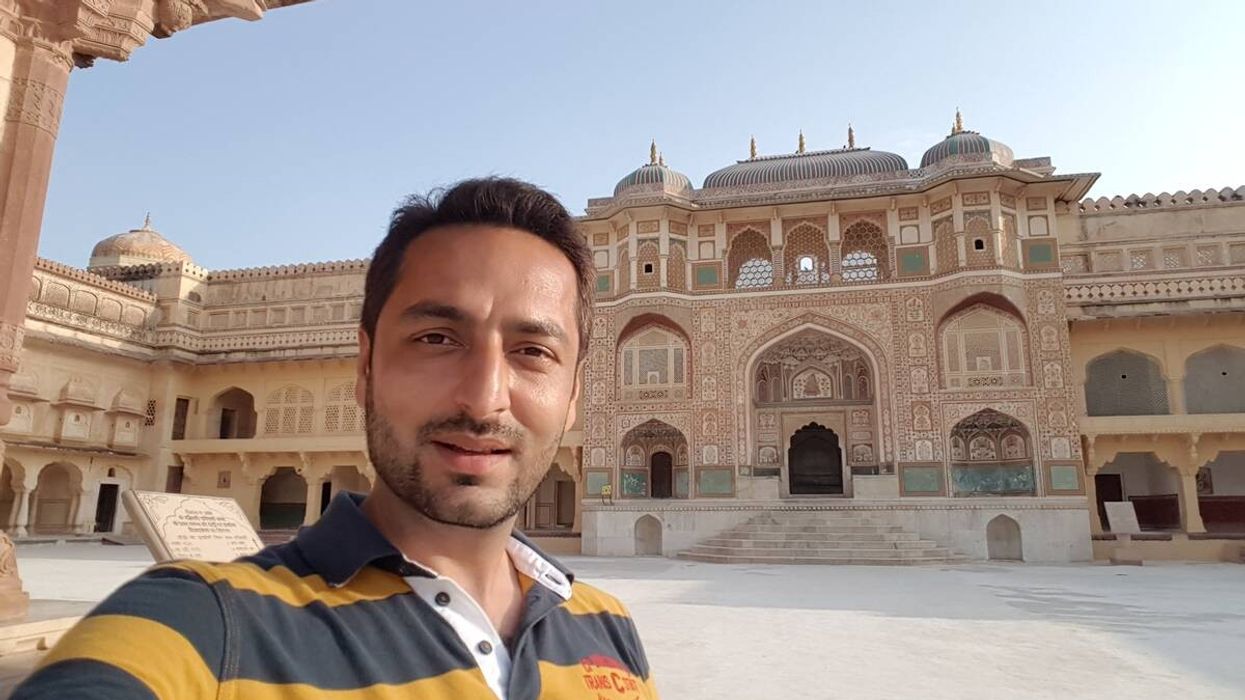THIS year’s Khushwant Singh Literary Festival, which aims to promote harmonious relations between the people of India and Pakistan, is going ahead in the UK despite the recent conflict between the two countries.
It will take place at the School of Oriental and African Studies (SOAS) in London next Saturday (31) from 11am to 6pm, and at Somerville College, Oxford, on June 3, from 4pm to 7pm.
The theme of the festival, which brings together writers from India and Pakistan, is Humanity Across Borders.
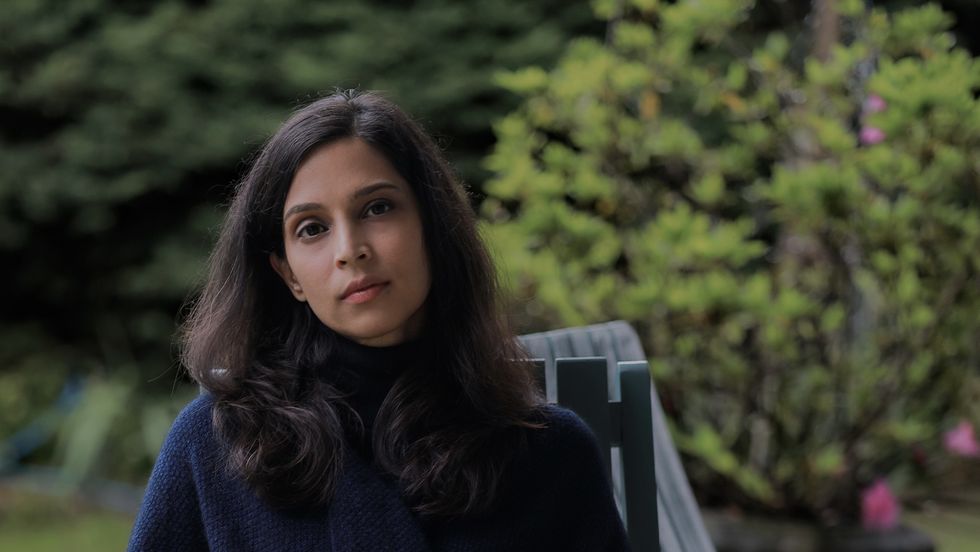
Rahul Singh set up the festival in memory of his late father, Sikh journalist and scholar Khushwant Singh, who was born in a part of Punjab that went to Pakistan after Partition, and subsequently always tried to promote cordial relations between the two nations.
Rahul told Eastern Eye (a media partner): “The Khushwant Singh Literary Festival, inspired by the late writer Khushwant Singh, has aimed to promote good relations between the nations of the Indian subcontinent ever since it began in London seven years ago.
“This year, following the brief conflict between India and Pakistan, there were questions about whether it would go ahead. But with the theme Humanity Beyond Borders, our aim remains unchanged – to foster more people-to-people contact and strengthen the shared bonds of humanity and freedom.”
The festival organisers used the word “strangers” – it was recently used by the British prime minister, Sir Keir Starmer, in his anti-immigration speech (“we risk becoming an island of strangers”) – to define KSLF’s aims: “Let’s gather, not as strangers, but as seekers of a common good.”
They added: “From authors and journalists to filmmakers, poets, and activists, these outstanding speakers come not just to speak, but to listen, to connect, and to foster dialogue across differences.”
One author attending from Pakistan is Shueyb Gandapur, whose book, Coming Back: the Odyssey of a Pakistani through India, is receiving renewed attention because of the recent conflict. He managed to get an Indian visa in 2017 and recorded his impressions during a 16-day stay (during which he reported to a police station “10 times”).
His book avoids political commentary, focusing instead on moments of human connection and cultural echoes that defy national divides.
In New Delhi’s bustling Paranthe Wali Gali, a waiter greeted him with a strangely familiar tone: “It’s been a long time since you came by.”
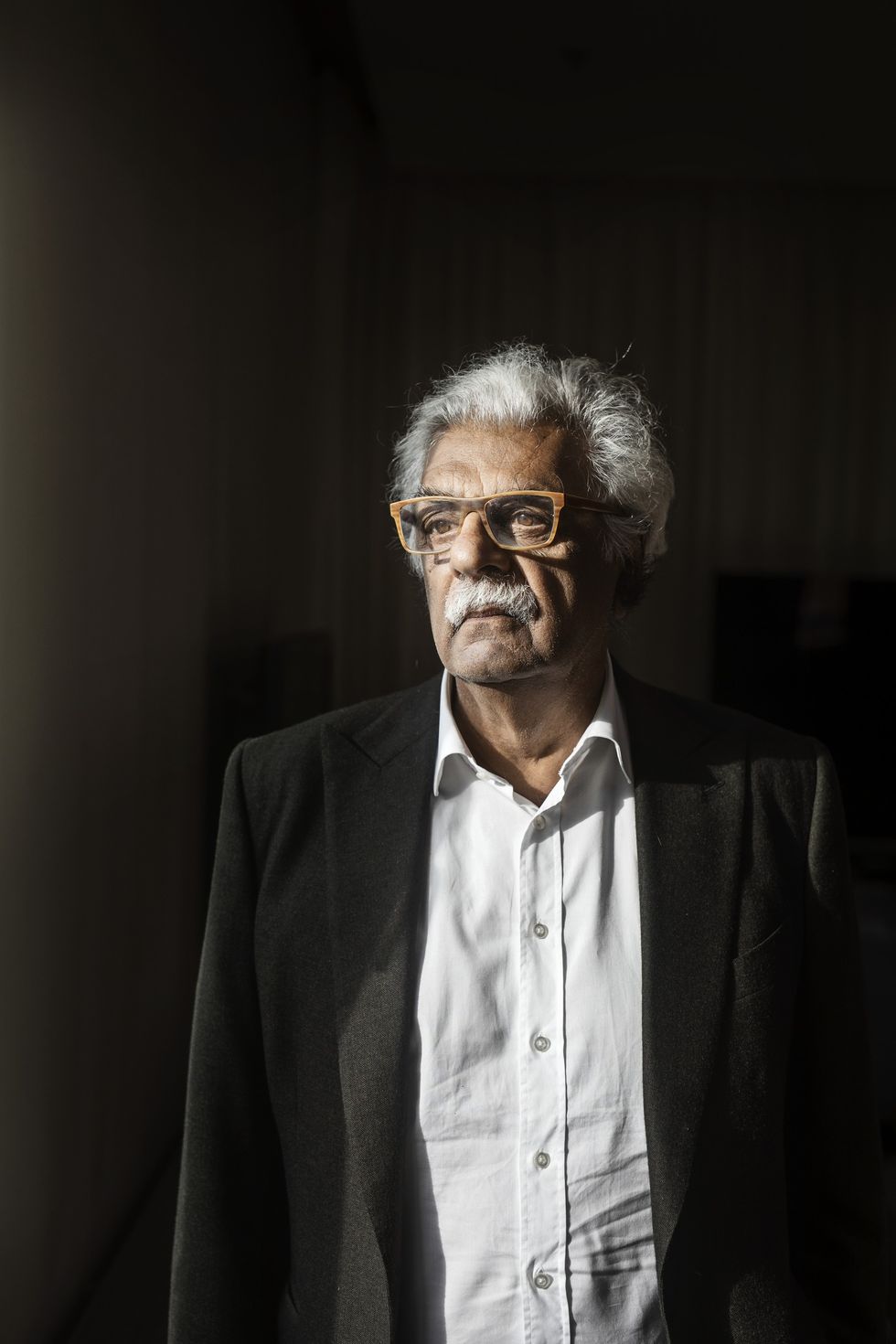
Gandapur had never been there before. “It was my first time,” the author said. “But the welcome felt like I was coming back to a place I’d once known.”
As he travelled through Agra, Jaipur and Varanasi, Gandapur began to notice traces of a shared past, with old shops and streets bearing names familiar in present-day Pakistan. In the Indian capital, he found schools named after Dera Ismail Khan, his hometown.
His literary enthusiasm led him to the graves of Urdu writers Mirza Ghalib and Qurratulain Hyder.
“I wanted to see how Urdu lives on in India and what Indians think of our poets and writers,” he said.
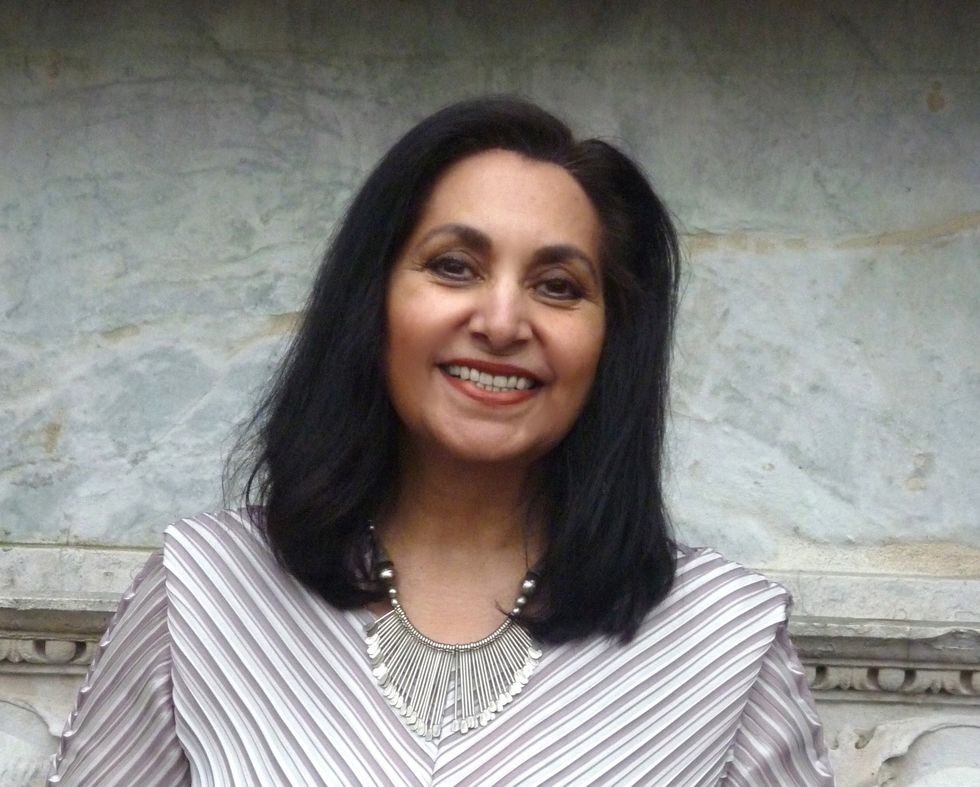
While Coming Back is framed as a personal narrative, it also reads as an invitation to look past borders and bureaucracy and notice what endures, according to his publishers, Kantara Press.
Gandapur said he hoped to return to India one day, with Lucknow, Hyderabad and Mumbai on his list.
“There’s so much still to explore,” he said. “To really understand the culture we share, one journey isn’t enough.”
Gandapur and the Indian author, Devika Rege, whose debut novel, Quarterlife, has received favourable reviews, will discuss “politics, privilege and purpose”.
Other Pakistani authors include Faiqa Mansab, an adjunct professor of English at Pakistan College of Law who is coming from Lahore to talk about her new novel, The Sufi Storyteller; and Muhammad Ali Bandial, a contributing author to Home #it’s complicated.
The latter has been edited by Saba Karim Khan, who is from Karachi, but now lives in Abu Dhabi. She, too, is coming to talk about Home #it’s complicated. The latter “changes the story of Pakistan, and features a mix of storytellers: doctors, screenwriters, journalists, filmmakers, scientists, intelligence personnel, entrepreneurs, home-makers, and authors. We hear about the strife: hunger, normalisation of violence, hypocrisies, privilege and judgmental tendencies. And also from the backstage: stories of love and wounded attachments, courage and quiet desperation, the pursuit of purpose and the skills essential to survive.”
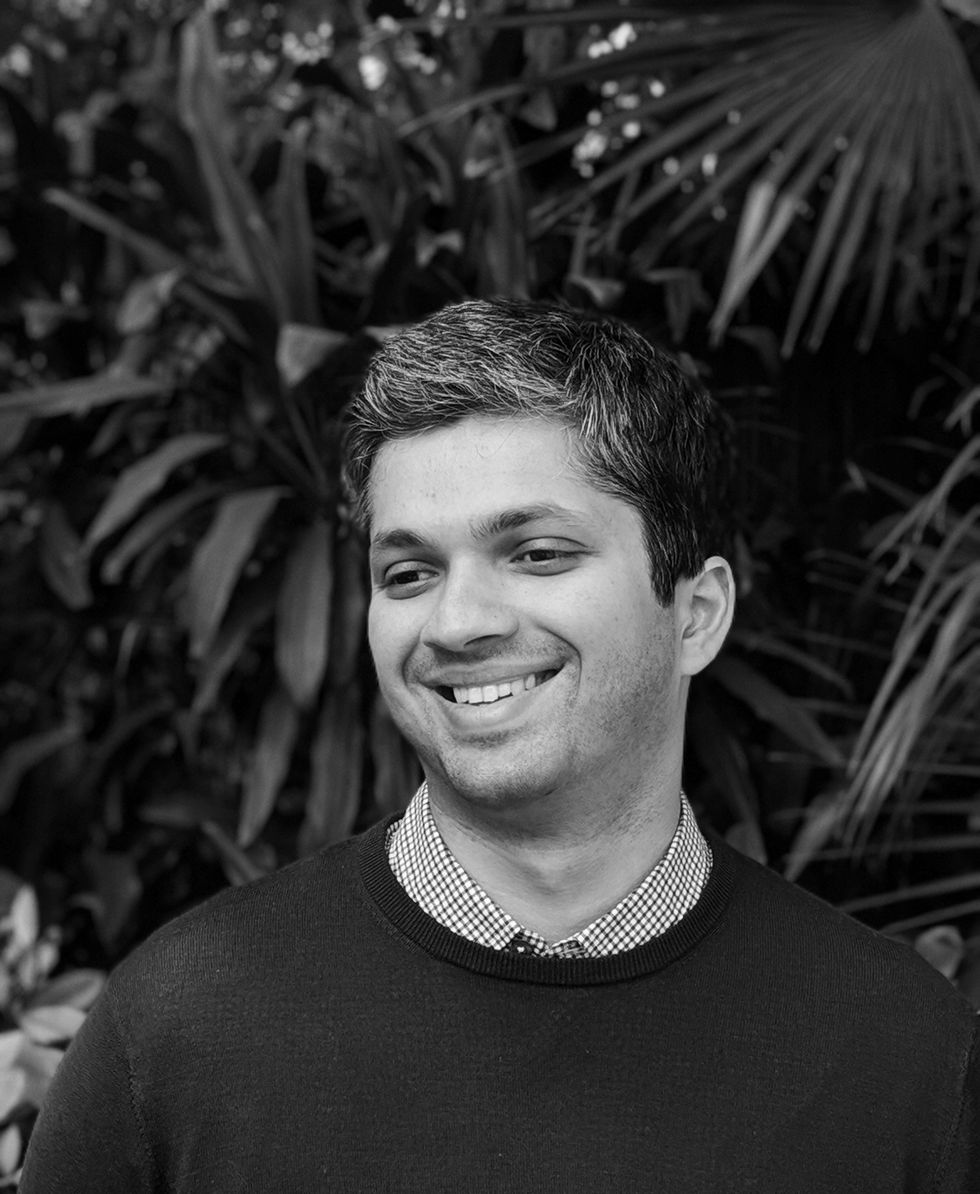
In London, Tariq Ali will be in conversation with Farrukh Dhondy, and the launch of the Poetry Archive: A Tapestry of South Asian Verse will feature Imtiaz Dharker, Rishi Dastidar and Seni Seneviratne.
Others taking part in the festival include Francesca Kau (author of The Book of Days); architect and landscape historian Iqtedar Alam; historian Ramachandra Guha’s son, Keshava Guha, author of The Tiger’s Share; (the great grandson of Edwin Lutyens) Lord Matt Ridley, author of Birds, Sex and Beauty: The extraordinary implications of Charles Darwin’s strangest idea; historian Radha Kapuria; Zilka Joseph, author of Sweet Malida: Memories of a Bene Israel Woman; and Sunetra Gupta, Professor of Theoretical Epidemiology at Oxford.
Entry is free, but those who wish to attend should register on Eventbrite. Visit www.eventbrite.co.uk/e/khushwant-singh-literary-fe... for London, and separately for Oxford: www.eventbrite. co.uk/e/khushwant-singh-literary-festivaloxford-2025-tickets-1316955923619
